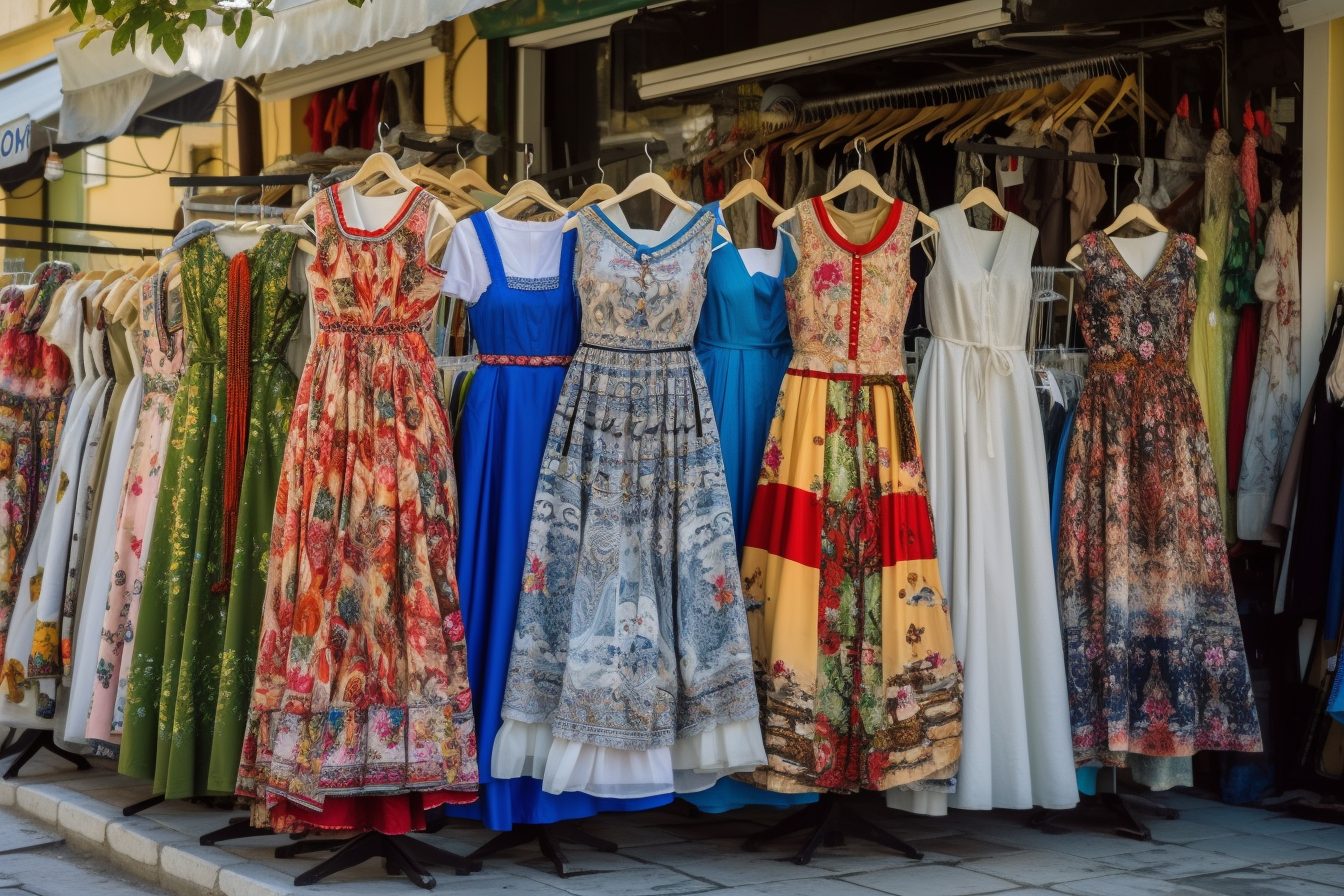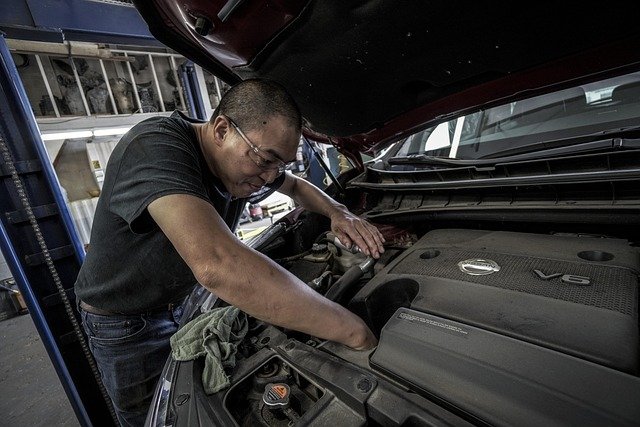Experience the Charm of Garage Sales: France
Visiting garage sales in France often reveals a surprising array of original and unique items that many have overlooked. These community events offer a fantastic opportunity to explore a variety of treasures in a friendly environment. Each local yard sale presents a chance to engage with neighbors while uncovering distinctive pieces that tell a story.

Discover Unique Treasures at Community Garage Sales in France
Community sales events have become increasingly popular across France, transforming neighborhoods into bustling marketplaces where residents can buy and sell second-hand goods. These gatherings typically occur on weekends during spring and summer months, when families clear out their homes and set up tables in driveways, gardens, or designated community spaces. The French term for these events varies by region—you might hear them called “vide-greniers” (attic clearances) or “brocantes” (flea markets), though the concept remains similar. What makes these events special is the personal connection between buyers and sellers, often resulting in friendly negotiations and the discovery of items with genuine history. From vintage clothing and antique kitchenware to books, records, and collectibles, the variety available reflects the diverse tastes of French households. Many participants appreciate the environmental benefits of giving items a second life rather than discarding them, aligning with growing sustainability values throughout the country.
Explore Garage Sale Listings for Hidden Gems Across Regions
Finding these sales requires some local knowledge and research. Many French communities maintain online platforms and social media groups where residents post upcoming events, often organized by neighborhood associations or municipal authorities. Websites dedicated to listing vide-greniers across France allow you to search by department or city, providing dates, locations, and sometimes the number of participating sellers. Regional newspapers and community bulletin boards also advertise these events, particularly in smaller towns where traditional communication methods remain popular. The timing varies significantly—some regions host large organized events with dozens of sellers, while others feature smaller, more intimate gatherings. Coastal areas and tourist destinations often schedule sales during peak vacation periods to attract both locals and visitors. Rural communities might combine sales with local festivals or markets, creating full-day events with food vendors and entertainment. Urban neighborhoods in cities like Paris, Lyon, and Marseille typically organize street sales where entire blocks participate simultaneously. Understanding the local culture helps maximize your experience, as some areas have unwritten rules about arrival times, bargaining etiquette, and whether early-bird shopping is acceptable.
Engage with Neighbors at Yard Sales in France
The social aspect of these events distinguishes them from commercial shopping experiences. Sellers often enjoy sharing stories about their items, explaining the history of a piece of furniture or the origin of vintage clothing. This personal interaction creates connections within communities and helps newcomers integrate into neighborhoods. Many French families view participation as both a practical way to declutter and a social occasion, often setting up alongside friends and neighbors. Children frequently get involved, selling their outgrown toys and learning basic commerce skills. The atmosphere tends to be relaxed and friendly, with conversations flowing as easily as transactions. For expatriates and international residents in France, these events provide excellent opportunities to practice French language skills in informal settings while learning about local customs and culture. The bargaining process, while expected, remains polite and good-natured, reflecting French social norms around courtesy and respect. Some sellers prefer to donate unsold items to charity rather than pack them away again, contributing to the community spirit that defines these gatherings.
What to Expect When Attending
Successful navigation of these sales requires some preparation and realistic expectations. Arriving early typically provides the best selection, though prices may be firmer before sellers become more willing to negotiate later in the day. Bringing cash remains essential, as most individual sellers cannot accept card payments, though this is gradually changing in organized events. Reusable bags or a small cart prove useful for transporting purchases, particularly for furniture or multiple items. Quality varies considerably—some sellers offer genuine antiques and high-quality goods, while others clear out everyday household items. Developing an eye for value comes with experience, though researching typical prices for items you’re seeking helps avoid overpaying. Weather significantly impacts these outdoor events, so checking forecasts before planning your visit prevents disappointment. Many regular attendees develop strategies, such as mapping out multiple sales in advance or focusing on specific neighborhoods known for particular types of items. The treasure-hunting aspect appeals to many participants, as you never know what unexpected finds might appear.
Legal and Practical Considerations
France has specific regulations governing these sales events, designed to distinguish casual sellers from professional dealers. Private individuals can typically hold a limited number of sales per year without requiring commercial licenses, though rules vary by municipality. Organized community events often require permits from local authorities, with organizers handling administrative requirements. Sellers must ensure they’re not offering counterfeit goods or items that violate safety regulations. Buyers should verify the condition of electrical items and furniture, as sales are typically final with no returns or guarantees. For valuable antiques or collectibles, requesting provenance information or authentication helps ensure you’re making informed purchases. Insurance considerations arise for both sellers, who should verify their home insurance covers public liability during sales, and buyers transporting valuable items. Understanding these practical aspects ensures smooth transactions and helps maintain the positive reputation of these community events.
Building Community Through Sustainable Shopping
Beyond the practical benefits of affordable shopping and decluttering, these sales strengthen community bonds and promote environmental responsibility. The circular economy principles they embody—extending product lifecycles and reducing waste—align with broader European sustainability goals. Participants often report satisfaction from knowing their former possessions will be appreciated by new owners rather than ending up in landfills. The economic accessibility of second-hand shopping helps families on various budgets furnish homes, clothe children, and pursue hobbies without significant financial strain. These events also preserve cultural heritage, as vintage items and antiques pass between generations, maintaining connections to French history and craftsmanship. The tradition continues evolving with digital tools making organization easier while preserving the essential human connections that make these gatherings meaningful. Whether you’re a seasoned bargain hunter or curious newcomer, participating in these community sales offers a distinctly French experience that combines practicality, sustainability, and social engagement in equal measure.




